info@vivavel.com
+919818262686
+919818262686
 info@vivavel.com
info@vivavel.com +919818262686
+919818262686Kidney dialysis is a medical treatment that helps clean the blood when the kidneys cannot do their job. Healthy kidneys usually remove waste, excess water, and harmful chemicals from the body. But when kidneys are damaged or not working properly, these substances can build up, causing severe health problems. Dialysis acts as an artificial kidney. It filters the blood to remove waste products and excess fluids, keeping the body balanced. There are two main types of dialysis: hemodialysis and peritoneal dialysis.
In hemodialysis, a machine pumps blood out of the body, cleans it, and returns it. This usually occurs in a hospital or clinic and is done thrice a week.
On the other hand, peritoneal dialysis uses the lining of the abdomen (called the peritoneum) as a filter. A special fluid is put into the belly, absorbing waste from the blood before being drained. This can be done at home, making it more convenient for some people.
Although dialysis can help manage kidney failure, it is not a cure. Many people who need dialysis also consider a kidney transplant. Dialysis treatments must be done regularly to keep patients healthy.
 Kidney failure often develops gradually, and symptoms may not appear until significant damage occurs. Common signs and symptoms include:
Kidney failure often develops gradually, and symptoms may not appear until significant damage occurs. Common signs and symptoms include:

 Kidney failure requiring dialysis can result from several conditions, including:
Kidney failure requiring dialysis can result from several conditions, including:
 If you have any of the following, it's important to contact a healthcare provider:
If you have any of the following, it's important to contact a healthcare provider:
Early detection and management of kidney issues can prevent further complications.
 Diagnosing kidney failure involves:
Diagnosing kidney failure involves:
 Do's:
Do's:
 Don'ts:
Don'ts:
NOTE:
Our medical content authors have diligently gathered and synthesized information on this topic to offer valuable insights to our readers. Drawing from a range of reputable medical journals and health resources, this content aims to enhance understanding of the subject. It's important to remember that while this information is informative, it should not replace personalized consultation or treatment from a qualified physician. For further details, please refer to our Editorial Policy.
For this topic, our authors used some of the following resources:





![]() Pusa Road, Radha Soami Satsang, Rajendra Place New Delhi, 110005 India
Pusa Road, Radha Soami Satsang, Rajendra Place New Delhi, 110005 India
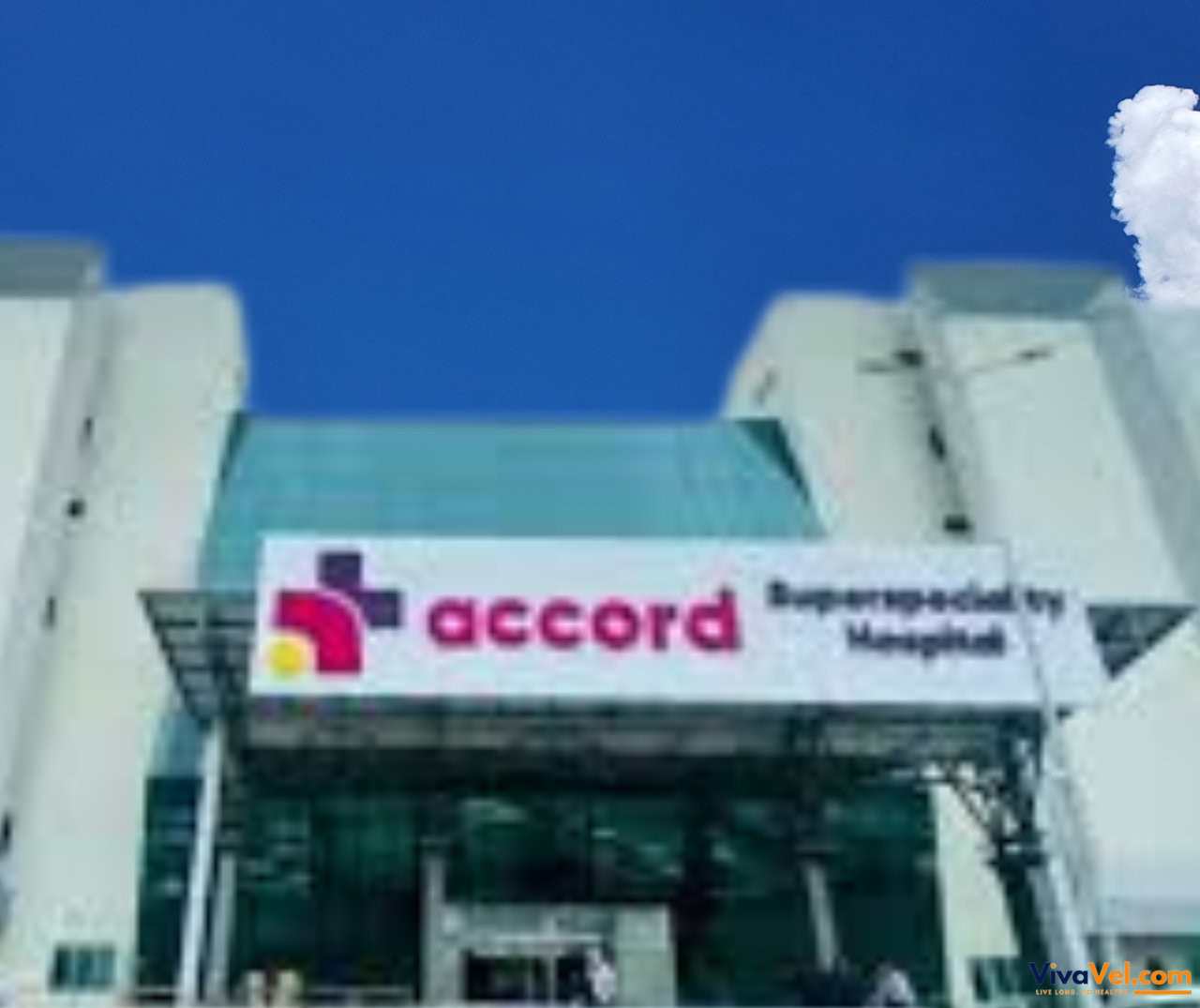


![]() Budena Village, Sector 86, Faridabad, Haryana 121002, India
Budena Village, Sector 86, Faridabad, Haryana 121002, India
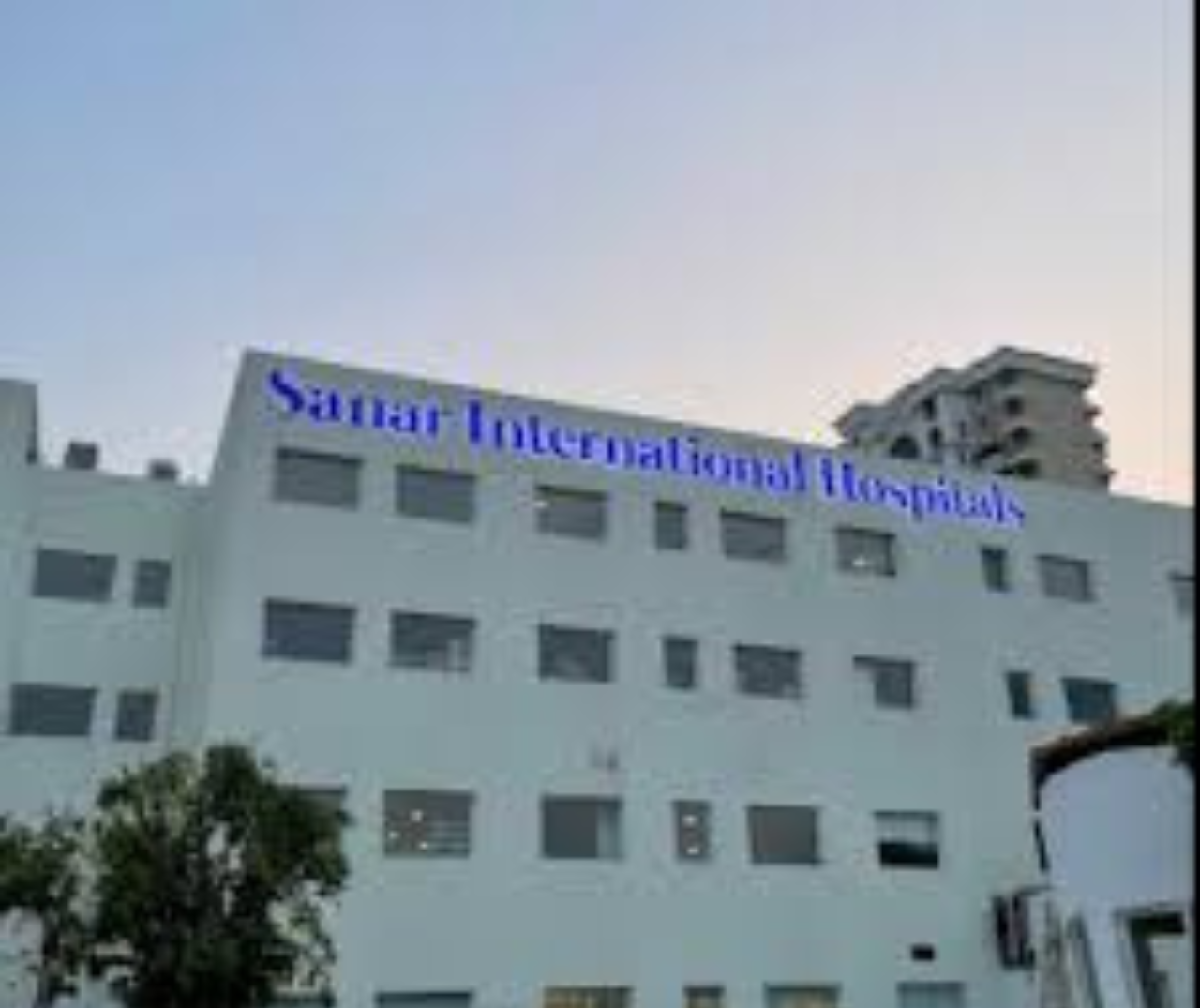


![]() Golf Course Rd, Parsvnath Exotica, DLF Phase 5, Sector 53, Gurugram, Haryana Gurgaon, 122022 India
Golf Course Rd, Parsvnath Exotica, DLF Phase 5, Sector 53, Gurugram, Haryana Gurgaon, 122022 India
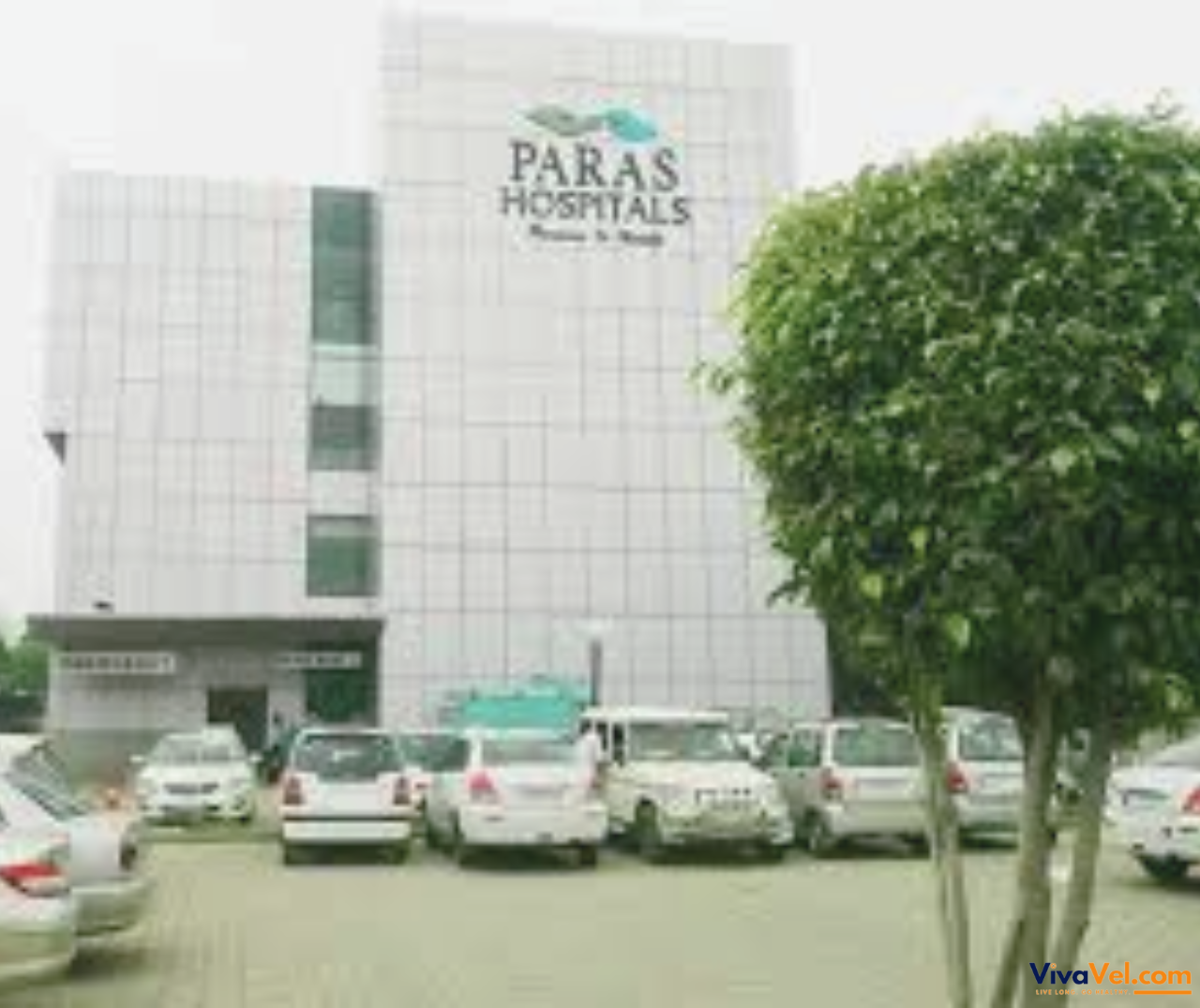


![]() C-1, Sushant Lok- 1, Sector-43, Phase- I, Gurugram, Haryana, 122002
C-1, Sushant Lok- 1, Sector-43, Phase- I, Gurugram, Haryana, 122002
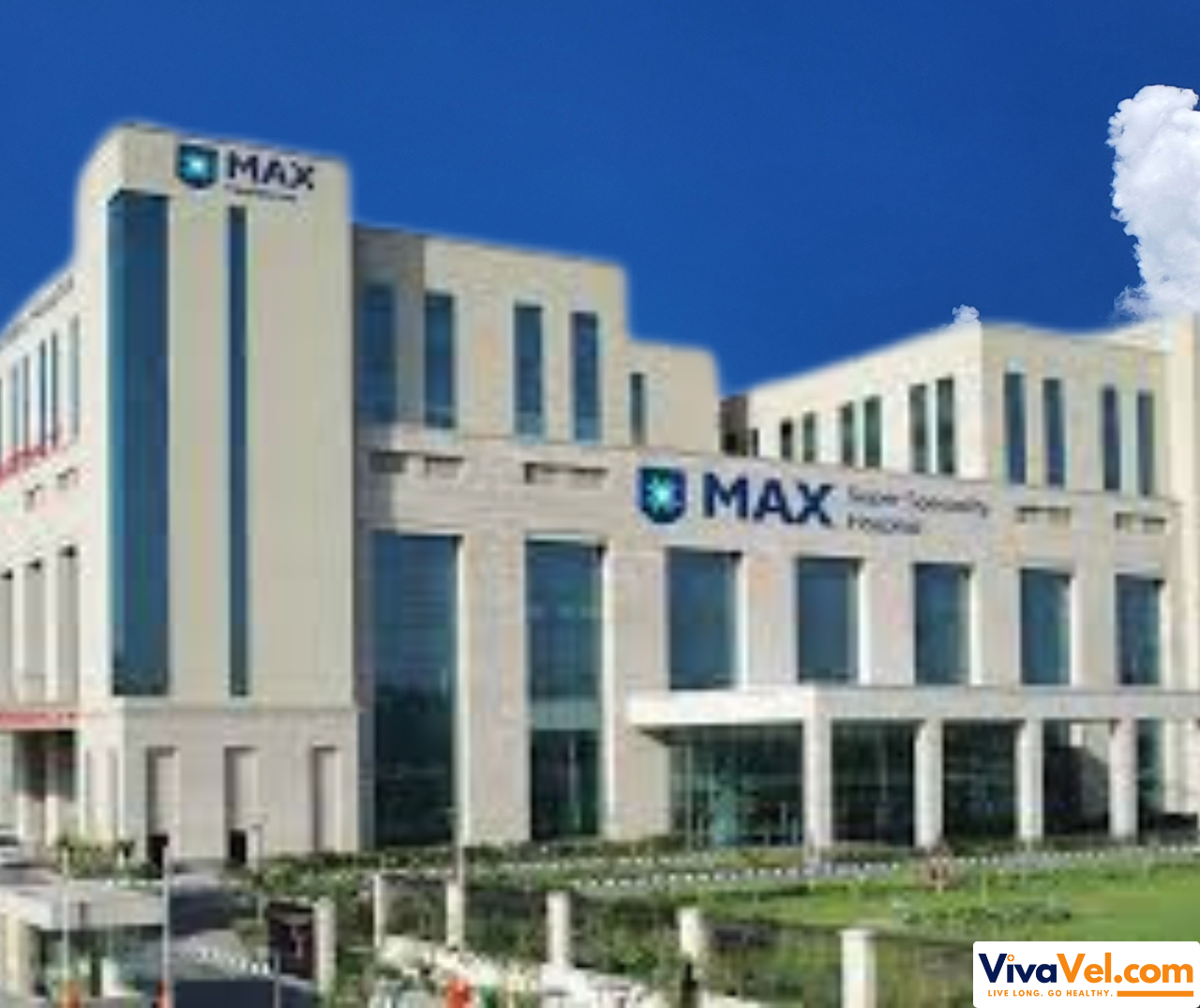


![]() Mussoorie, Diversion Road, Dehradun, Uttarakhand 248001
Mussoorie, Diversion Road, Dehradun, Uttarakhand 248001


Dr. Jitendra Kumar is a famous name in nephrology and is renowned as the top kidney specialist in Faridabad, India. He completed his DM (Nephrology) at the Sanjay Gan...
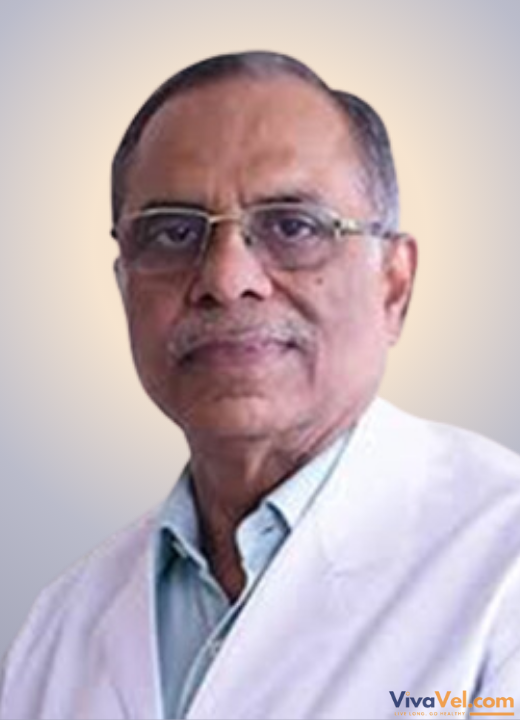
Dr. Narula has received numerous prestigious awards, including the Air Marshal Ajit Nath Award, Maj Gen Amir Chand Award, Chief of Naval Staff Award, Best Officer Award, and ...
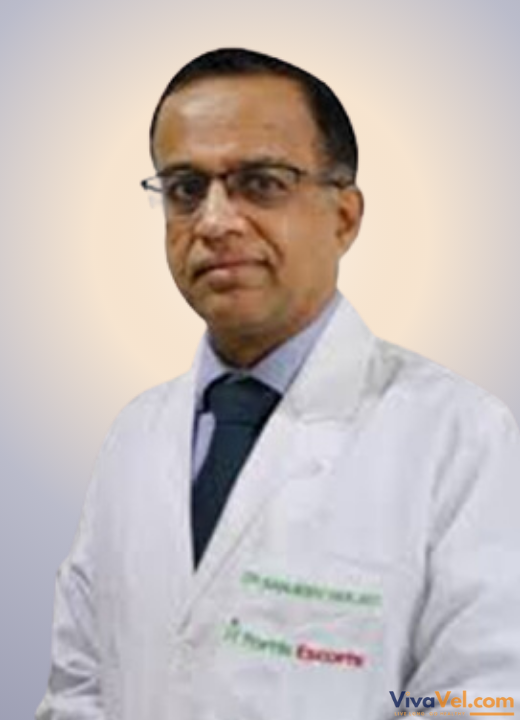
Dr. Sanjeev Gulati is an Executive Director in the Department of Nephrology & Kidney Transplant and previously worked as an Additional Professor in Nephrology at Sanjay G...

Dr. Paresh Jain is the director of urology and has over 16 years of rich experience. He specializes in Laparoscopic Urology, Endourology - URS, PCNL, RIRS, TURP, Lase...

Dr. Akash Gupta is a renowned nephrologist and kidney transplant specialist in New Delhi. He is an Associate Consultant in Nephrology at Escort Fortis and brings over...

Dr. Sonal Dalal is a highly respected nephrologist in Ahmedabad. She is renowned for her extensive experience and expertise in kidney-related ailments. She se...
Treatment Plan & Cost within 2 days
